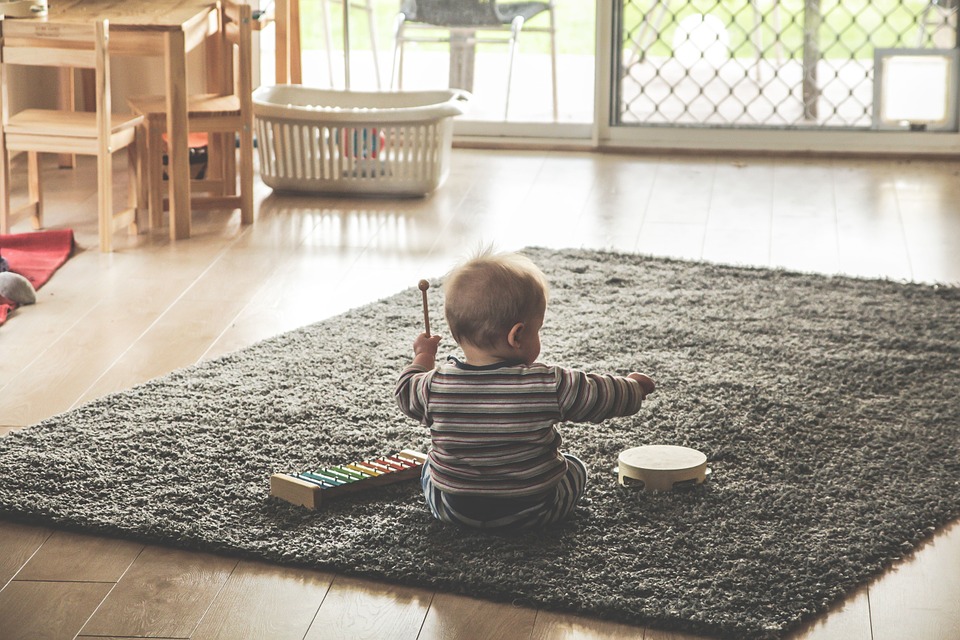A new study from the University of Washington reports that music, “…may help babies learn a language better, in part by helping them learn to detect important rhythms.”
According to the study, the ability to recognize and predict patterns and rhythms in music can translate to predicting the patterns and rhythms in speech as well, even in babies only nine months old. A child’s development can be helped along in various ways, music is one of these that can be a continuous presence in a child’s life, leading all the way into adulthood and a possible career in this sector. Music programs can help children not only creatively but academically too, so starting them young can yield positive results. It is important to know why music education is key in the developmental stages and what that could mean for a child’s future.

Compared to babies in the control group, babies who were subjected to twelve, fifteen minute long music sessions, “showed more brain activity.” Christina Zhao, the researcher who led the study, says this means, “…early,
engaging musical experiences can have a more global effect on cognitive skills.”
Patricia Kuhl, head of the Institute for Learning and Brain Sciences at the University of Washington explains, “Music experience has the potential to boost broader cognitive skills that enhance children’s abilities to detect, expect and react quickly to patterns in the world, which is highly relevant in today’s complex world.”
Music is a wonderful tool for entertainment, but also for education. It not only teaches the musicians who play it, but also the listeners, even those with the smallest of ears!
You can read the full article and more about the study over at NBC News.